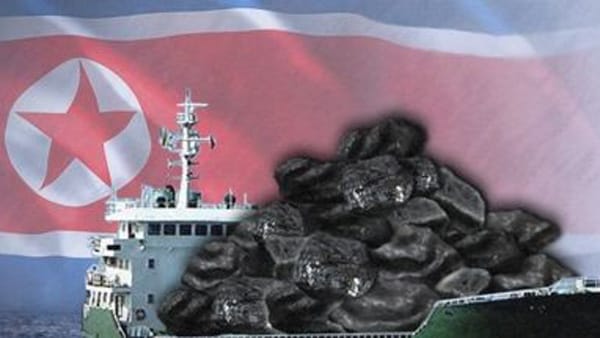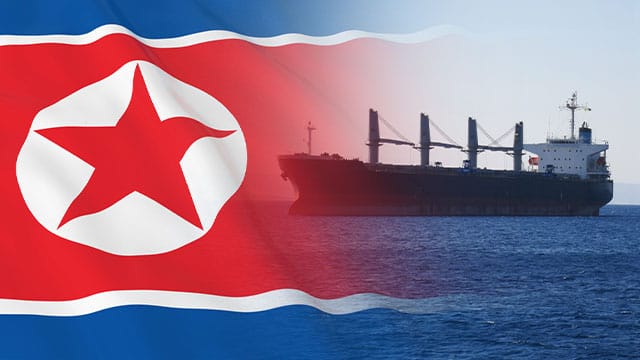BY : Lee Jae-young
(Korea Institute for National Unification)
According to a source familiar with North Korean affairs, a North Korean cargo ship sailing in the West Sea since late February with its Automatic Identification System (AIS) turned off collided with a Chinese vessel on March 13, 2025. Adverse weather conditions made it difficult for the Chinese ship to detect the North Korean vessel in time. As a result, the North Korean ship sank, with reports indicating that 15 to 20 crew members lost their lives. The Chinese vessel had only minor damage. To evade international sanctions, the vessel frequently operated with its AIS turned off. Experts believe the accident took place during an illicit coal transshipment operation between North Korea and China.
North Korea and China have stayed silent about the accident, likely to avoid scrutiny over their violation of international sanctions. Their illegal maritime smuggling activities, especially involving North Korean coal, put Chinese traders at greater risk of sanctions. An increasing number of countries have imposed direct and indirect sanctions on Chinese businesses and traders, who also face a growing risk of being labeled as violators of international rules.

As this case demonstrates, the exposure of illegal trade between North Korea and China will likely negatively impact their future trade and cooperation. Tensions between North Korea’s military, which controls its coal exports, and China’s maritime authorities over who is responsible for the accident seem inevitable. Furthermore, their negotiations to prevent similar incidents in the future are unlikely to be resolved smoothly. While North Korea wants China to overlook sanctions and increase its coal purchases, China is more likely to tighten surveillance and crack down on illegal maritime transshipments to avoid being seen as a sanctions violator.
As a result of this incident, the Asia-Pacific Region’s Port State Control Committee may face growing pressure to increase safety inspections on vessels from North Korea. Satellite surveillance and reconnaissance of ship activities in Chinese waters and the West Sea are also expected to increase. This, in turn, could inadvertently trigger a surge in U.S. and allied reconnaissance operations targeting China’s People’s Liberation Army (PLA) Navy training and coastal military activities, ultimately heightening military tensions for China. If China continues to engage in illegal trade and support with North Korea despite sanctions, it risks being designated by the U.S. as an obstructionist force hindering North Korea’s denuclearization. This would justify further sanctions and heightened military pressure from the U.S. and its allies.



















